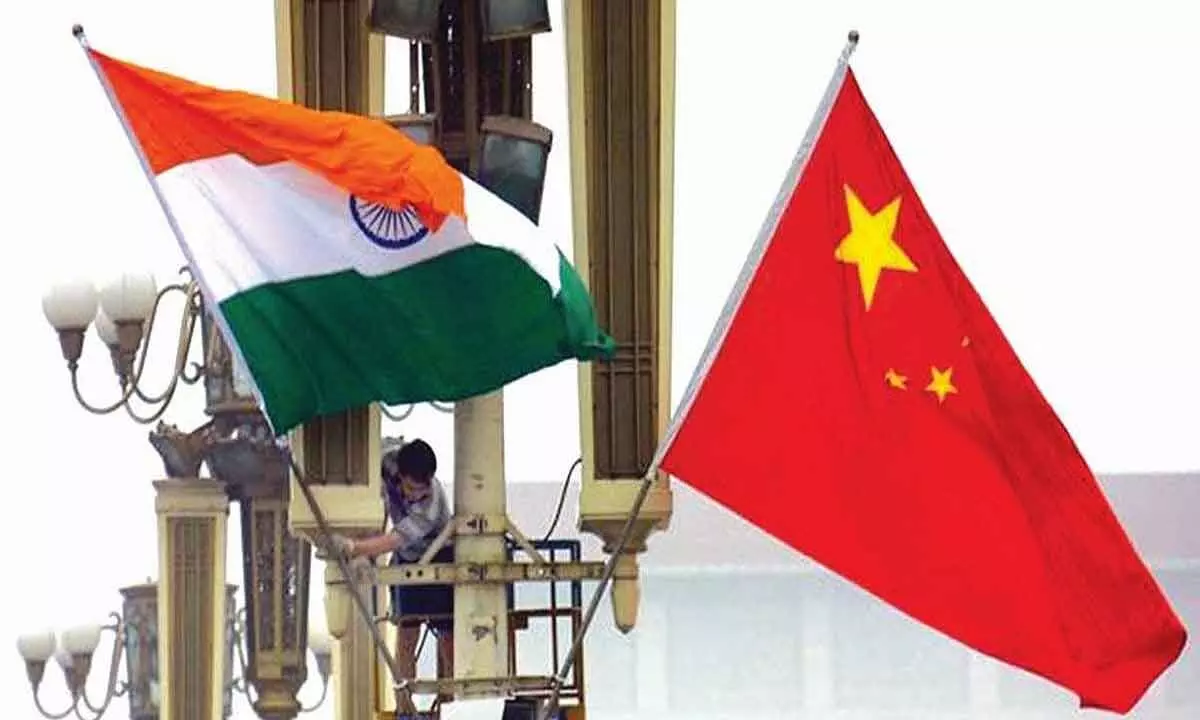Delhi and Beijing eye the Dhaka pie with diplomatic tact
image for illustrative purpose

The importance of economic and trade issues is increasingly growing by the day and they call for exertion of diplomatic pressures. There are different equations between different countries and that is quite a complex one. In Asia, the relationships between India and China are nothing to write home about. But, India's friendly neighbour, Bangladesh enjoys good rapport with Beijing. Its Prime Minister Sheikh Hasina openly admitted that she has no qualms as regards accepting Chinese support and investment for the infrastructure development sector as it is cheaper compared to the World Bank or IMF. The other key equation is between India and Bangladesh. There is no room for disagreement that Indo-Bangla relationship is at its peak at the moment, some sour issues like Teesta water sharing, notwithstanding. This relationship has been bolstered by Delhi’s role in Bangladesh's most recent general elections and the way it has steadfastly stood by Dhaka, despite opposition from some western countries. So there are complexities in relationships between Indo-Bangla, Indo-China and China-Bangladesh even as Chinese authorities are out to exploit these complexities to their advantage.
The Chinese ambassador was among the first to greet Hasina after she returned to power and Hachhan Mamud was made the foreign minister. On its part, the Chinese government has left no stone unturned to instigate Hasina’s government against India, especially on the vexed Teesta issue and the dillydallying by India. Reportedly, if there is no consensus between India and Bangladesh on water distribution and sharing, the Chinese administration is ready to reinforce its 2017 alternative, which mainly depends on dredging on the river. Not only this, India has recently started rupee-BDT (Bangladeshi Taka) trade instead of dollars, so that the supply of everyday necessities can be stable in the Bangladeshi market. It should be remembered that the dollar reserve in Bangladesh is almost at the rock bottom. And now there are ample indications that the Chinese administration has also made a similar offer to Dhaka, including opening a couple of banks to facilitate currency exchange between the two countries.
Ever since Hasina-government returned to power, China has become very active with the aim of taking the larger slice of the Bangladesh market, as a whole. Along with that, there are proposals for some big ticket investments in several big projects in Bangladesh. Whether they would eventually materialise or not, is an altogether different question. But Beijing's lucrative proposals will continue to put pressure on both Bangladeshi and Indian governments. It is almost impossible for the former to do anything that could antagonise Delhi at this point in time. Again, in order to help the Bangladesh government to overcome this pressure from China, the Modi government must also stand firmly beside the Hasina government as a means to increase Delhi’s importance in the region and at the international level as well. So, the diplomatic, financial and commercial relationships between these three countries and various equations are going to become very important in the coming days. Inarguably, experts in international relationship will keep a constant and close watch on this aspect, and on a daily basis.

